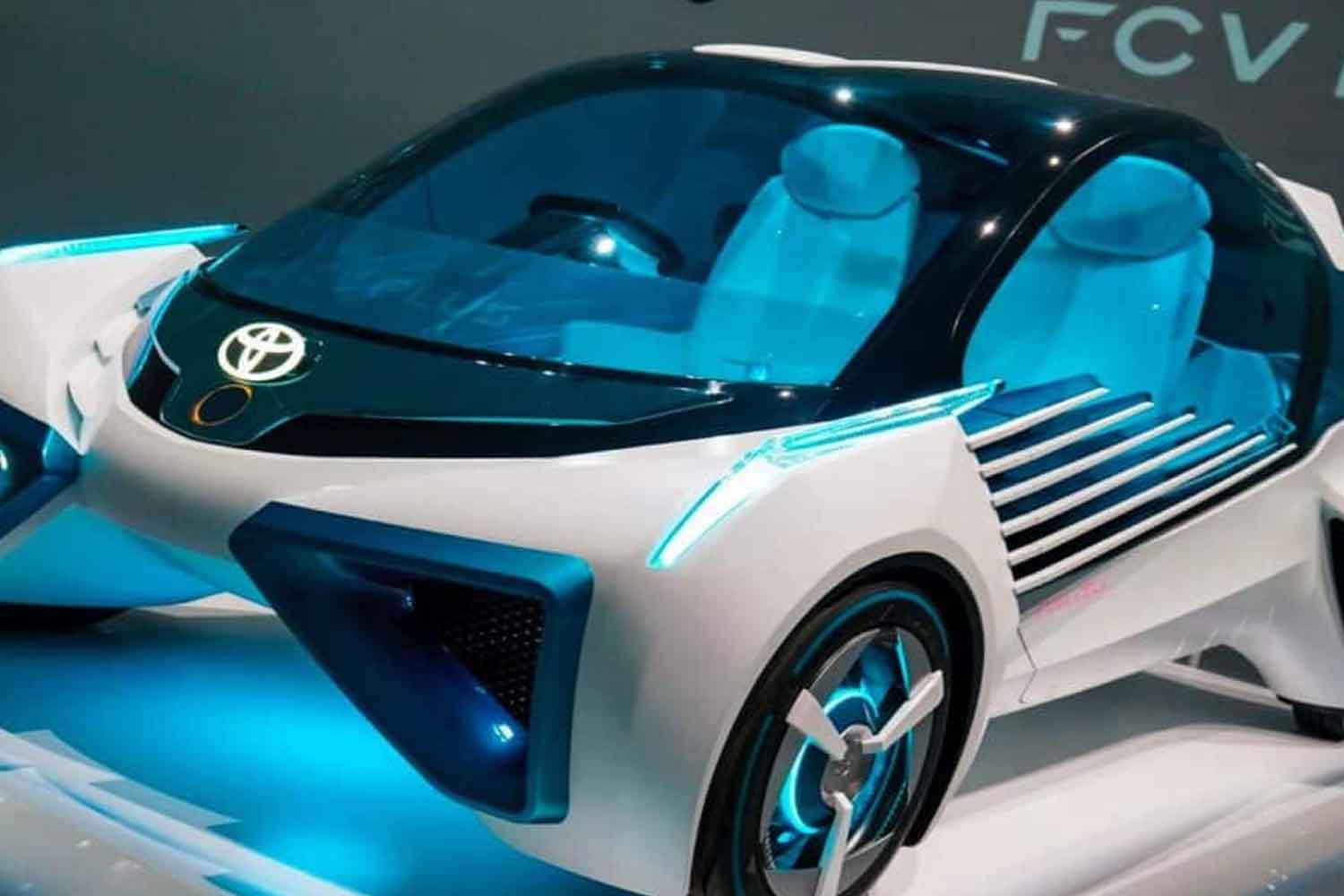The last few months have highlighted the limits of hydrogen cars, calling into question their actual practicality: high consumption in extreme cold conditions, the reduction of refueling stations and prohibitive costs make their widespread diffusion difficult.

©Toyota
Hydrogen fuel vehicles are faced with a serious obstacle: at low temperatures, their efficiency drops substantially. A report by the Quebec government had hydrogen consumption increasing by more than 40% when temperatures are 21°F (-6°C) lower, compared to manufacturers’ stated figures. This is a contradiction to one of the most widely promoted advantages of this technology—its alleged efficiency in cold weather.
The. problem gets even clearer. when we consider the comparison between the losses of BEVs and hydrogen cars. In the worst weather conditions, the. latter experience. their range reducing between 20% and 55%, while hydrogen cars experience much more significant reductions. Their actual competitiveness in harsh-winter nations is brought into question. If solutions are not feasible, their. mass adoption will be under threat with remaining limited to a few. well-defined contexts.
Other than efficiency issues, hydrogen cars also face a second significant issue: infrastructure. Over the past few months, the number of hydrogen fueling stations has decreased, especially in key regions like California, where the expansion initiative is experiencing financial and logistical setbacks.
Unlike electric charging stations, refueling stations for hydrogen vehicles cost high investments and continuous upkeep and maintenance, thereby making it improbable for them to propagate at an extensive scale. This creates a vicious cycle: fewer stations lead to fewer consumers who will want to buy hydrogen cars, in turn lessening the incentive to investors to provide the infrastructure. Without an extensivespread and readily accessible refueling chain, hydrogen vehicles may be nothing more than a theoretical possibility to the common individual.
The high cost of hydrogen detracts from competitiveness.
Another main obstacle to hydrogen vehicles is their operating expense. The fuel-thirsty operation under cold temperatures, in addition to the already outrageous cost of hydrogen, makes them less economic than electric and gasoline vehicles.
Second, the absence of a gas station is likely to have motorists drive longer distances, resulting in higher costs and travel time. For this reason, more motorists are avoiding the technology for use in favor of more affordable and convenient alternatives.
In order to capture a market share, hydrogen vehicles would need to price fuel extremely low as well as increase infrastructure, but these goals remain elusive for the time being.
The future of hydrogen cars is uncertain.
Issues this past winter raised severe questions regarding whether hydrogen cars have a future in the mass market. While hydrogen technology promises hopeful prospects for heavy transport and the industrial marketplace, its use for passenger cars grows less likely each day.
To be a viable alternative, the following must occur:
- Improve fuel cell efficiency under cold conditions
- Expand the refueling infrastructure to make the fuel more accessible;
- Reduce the cost of hydrogen production and distribution.
While the hydrogen car market is trying to come up with solutions, however, electric cars continue to make strides, with a more sophisticated infrastructure and ever-evolving technologies.
And aside from cars, the hydrogen trucks may also have an uncertain fate. A study uploaded on Forbes by James Morris describes why hydrogen is not a promising solution even for heavy transport, destroying hope that this technology would have a place in this segment at least. Technical issues, extremely high prices, and the lack of infrastructure make hydrogen less competitive compared to electric vehicles, which are developing rapidly. If these predictions materialize, hydrogen can still be a niche solution, far from mass usage.
Recent statistics confirm that expectations of a hydrogen future of cars are still quite distant. Short of some dramatic revolution, this technology can be a niche and not a real revolution in mobility.
Source: Forbes
